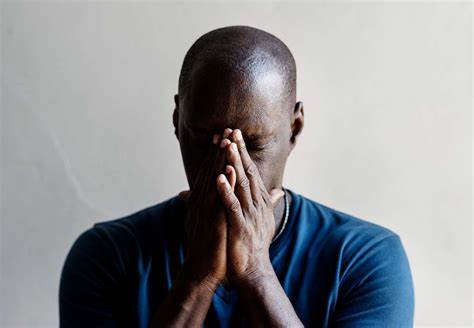In a world where masculinity is often tied to performance, conversations around erectile dysfunction (ED) are typically swept under the rug. But let’s face it — struggling with erections isn’t just a “bedroom issue.” It can be the body’s way of whispering that something bigger is going on.
Health experts say ignoring these signs is like turning a blind eye to a fire alarm. ED doesn’t just affect your sex life — it can signal serious health problems like heart disease, diabetes, or hormonal imbalances.
So, here’s the truth — plain and honest — if you’re a man, these are 7 signs of erectile dysfunction you should never ignore.
- Struggling to get an erection regularly
Sure, it’s normal to have the occasional off-day. Fatigue, stress, or even a bad mood can mess with your performance. But if it’s becoming a pattern — like 2 out of 3 times — it’s time to pay attention.
What it could mean: Blood flow issues, cardiovascular disease, or even early-stage diabetes.
- Erections don’t last long enough for sex
You may get an erection, but if it fades quickly before or during sex — that’s not something to shrug off. Especially if it keeps happening.
What it could mean: Poor circulation, high cholesterol, or low testosterone levels.
- Lack of morning erections
Morning wood isn’t just random — it’s a healthy sign that your hormones and blood flow are functioning properly. If you notice you’re not waking up with erections anymore, it’s worth checking in with your doctor.
What it could mean: A hormonal imbalance or early signs of ED.
- Low sexual desire
ED isn’t always about the mechanics — sometimes it’s psychological or hormonal. If your libido has hit rock bottom, and you’re just not in the mood anymore, that could be a deeper signal.
What it could mean: Low testosterone, depression, or stress-related issues.
- Difficulty maintaining erections during stress or anxiety
Mental health and sexual health are best friends — or worst enemies. If your performance dips significantly during stressful periods, your mind might be affecting your body.
What it could mean: Performance anxiety or chronic stress. Both are treatable — if you face them.
- Painful erections or ejaculation
This isn’t just uncomfortable — it’s a red flag. Pain during erections or climax could be a sign of an infection, inflammation, or a more serious condition like Peyronie’s disease.
What it could mean: Urethritis, prostate issues, or penile trauma.
- Erectile changes after medication or lifestyle shifts
If you’ve started new medications (like antidepressants or blood pressure meds), or made changes like excessive alcohol use or smoking — and noticed changes in your performance, that’s not a coincidence.
What it could mean: A side effect of medication or poor lifestyle choices taking a toll.
When should you see a doctor?
If any of the signs above are happening frequently over several weeks or months, don’t sit on it. Don’t self-medicate either — pills aren’t a long-term fix. A proper diagnosis can get to the root cause and offer a sustainable solution.
What we think
Erectile dysfunction isn’t just about sex — it’s about overall health. Your body might be whispering now; don’t wait until it starts screaming.
Seeking help isn’t a sign of weakness — it’s one of strength. Talk to your doctor, prioritize your wellness, and take back control — in the bedroom and beyond.

